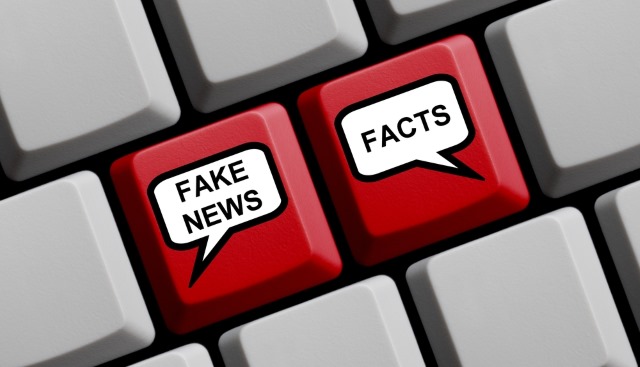Blog Post Week 8 - Fake News
This week in #I4ED we had an interesting speaker, Alec Couros, from the University of Regina Faculty of Ed, talk to us about 'fake news' and what student need to know.

"The best & worst thing about the internet is that it
gives everyone a voice".
This quote is so true, anybody can post anything on the internet. Therefore, students today NEED to be aware about not believing everything they see on the internet. They need to be taught how to spot and detect what is real and what is fake. There is everything from fake news (such as the shark below) to scammers who trick people into sending them money. It is extremely frightening!
Fake News:
Photo shopped from this photo:

Why does fake news spread?
According to Al Tompkins, of the Poynter Institute for media studies, there are 3 reasons why people share fake news:
- Misinformation: Someone unintentionally shares bad information. The person sharing the image isn't necessarily malicious, they could be sharing a real photo with inappropriate timing.
- Disinformation: This is a lie. A person is trying to intentionally mislead. Images are photo shopped and context is removed. It could be a prankster attempting to create chaos or a person trying to advance a political goal.
- Propaganda: Images are intended to sell a product or an idea.
Resources to use in classrooms:
- Verification handbook – to use in classrooms
- Infographics:

References:
https://www.usatoday.com/story/news/nation/2017/08/29/hurricane-harvey-shark-photo-fake-and-part-bigger-problem/612601001/
https://www.dailyinfographic.com/avoid-fake-news
https://bluesyemre.com/2017/01/31/how-to-spot-fakenews-infographic-by-ifla/

I agree that students need to be aware of what they read online in today's highly digital age. We as future educators need to help our students distinguish between what is or is not real, and how to spot fake news. After briefly looking over the links you have posted, they seem to be good resources to use in my classroom in the future. Good find!
ReplyDeleteSuch a great post! I was also blown away when Alec mentioned that 50% of Facebook profiles were fake! People are always posting and sharing different things that may or may not be true and we as educators must teach students about the dangers of fake news and how to spot it. Thanks for the resources!
ReplyDelete